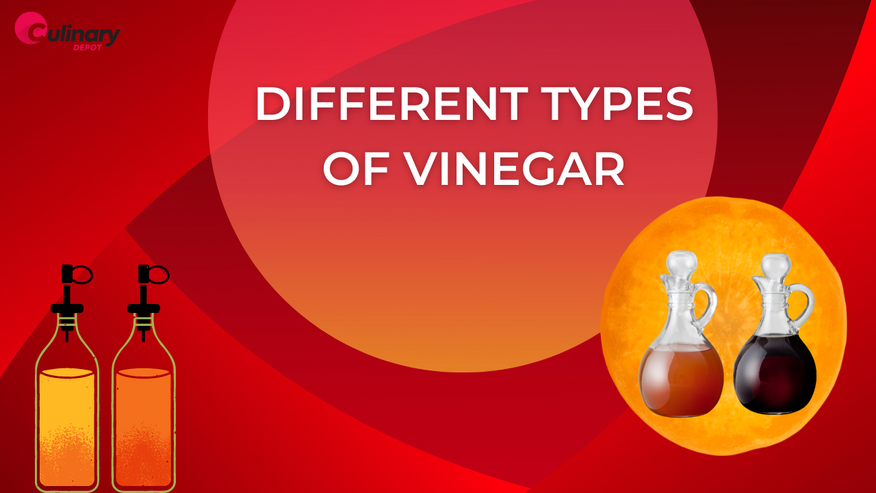Jun 28th 2022 - Monica Cunanan
Different Types of Vinegar — Best uses and history
Vinegar comes in many different varieties, including white wine vinegar; bovine vinegar; apple cider vinegar; rice vinegar; sherry wine vinegar; and champagne vinegar. If you're used to having a few favorites, try experimenting with different fruit, tangy, or spicy flavors.
Distilled White Vinegar
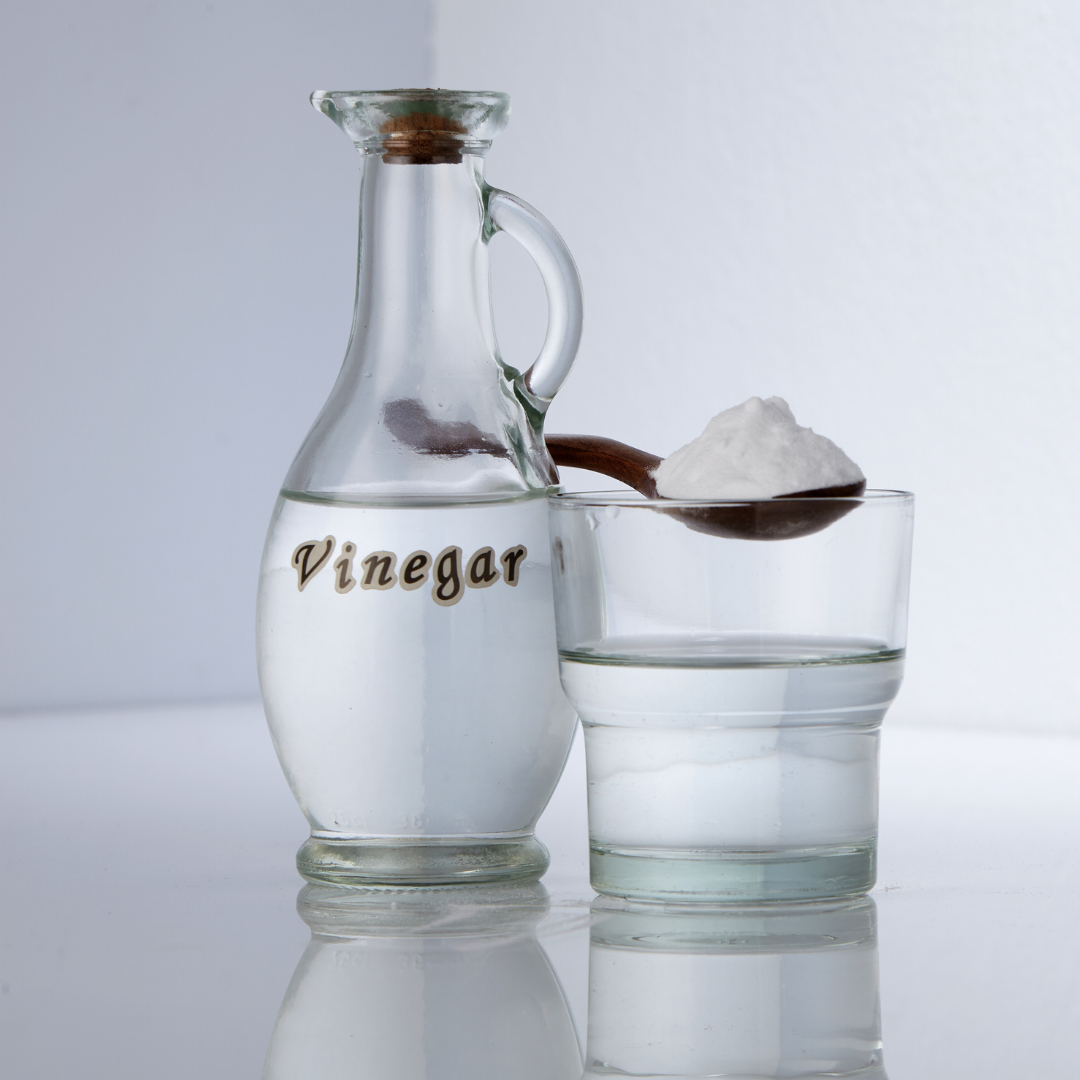
White vinegar is the most commonly used and popular type of vinegar. It’s probably already sitting in your kitchen right at this moment. It has a strong taste and a harsh smell, making it among the most distinctive vinegar on this list. White Vinegar is made by distilling alcohol from fermented grains, which results in a clean, crisp, and clear product.
White vinegar is often used as a pickling agent, but it can also be used in salad dressings, barbecue sauces, and ketchup. Its strong flavor makes it an ideal choice for recipes that include exceptionally sweet ingredients.
Cane Vinegar
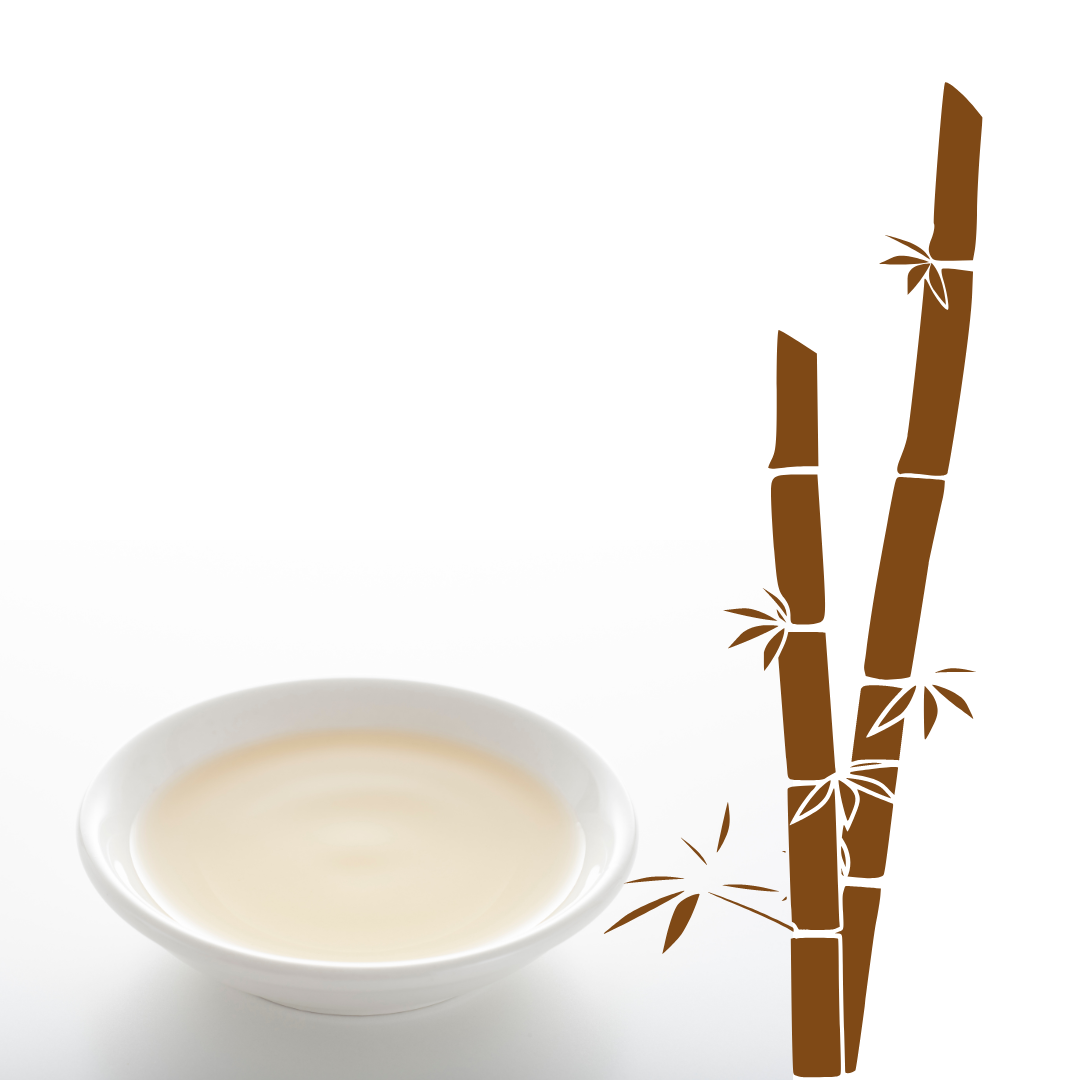
This vinegar is produced from fermented sugarcane juice. Cane vinegar is made from sugar cane, but it has a surprisingly un-sweet taste profile that is often compared to malt vinegar (or rice wine vinegar).
White Wine Vinegar
White wine vinegar has a milder taste than its distilled counterpart. This type of vinegar originated from white wine, it is considerably made from less acidic environment than either white or apple cider vinegar.
White wine vinegar has a light, balanced sweetness making it a refreshing addition to salads and soups. Vinegar is an excellent alternative to using salt when pickling vegetables.
Champagne Vinegar
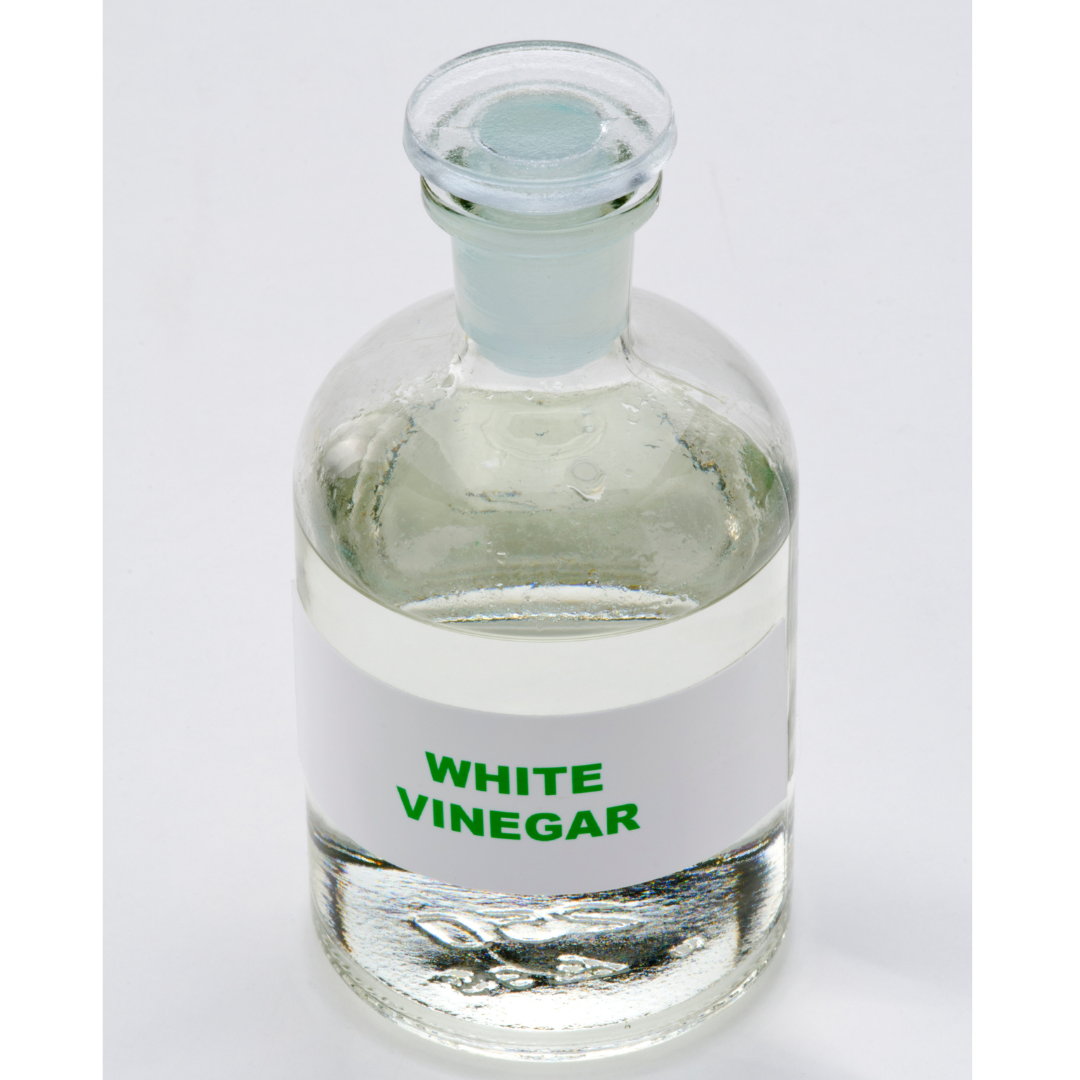
White wine vinegar has a similar taste to champagne vinegar. It’s produced from Champagne, so it offers a light, fresh crispness that is perfect to produce delicate dressings.
Rice Vinegar
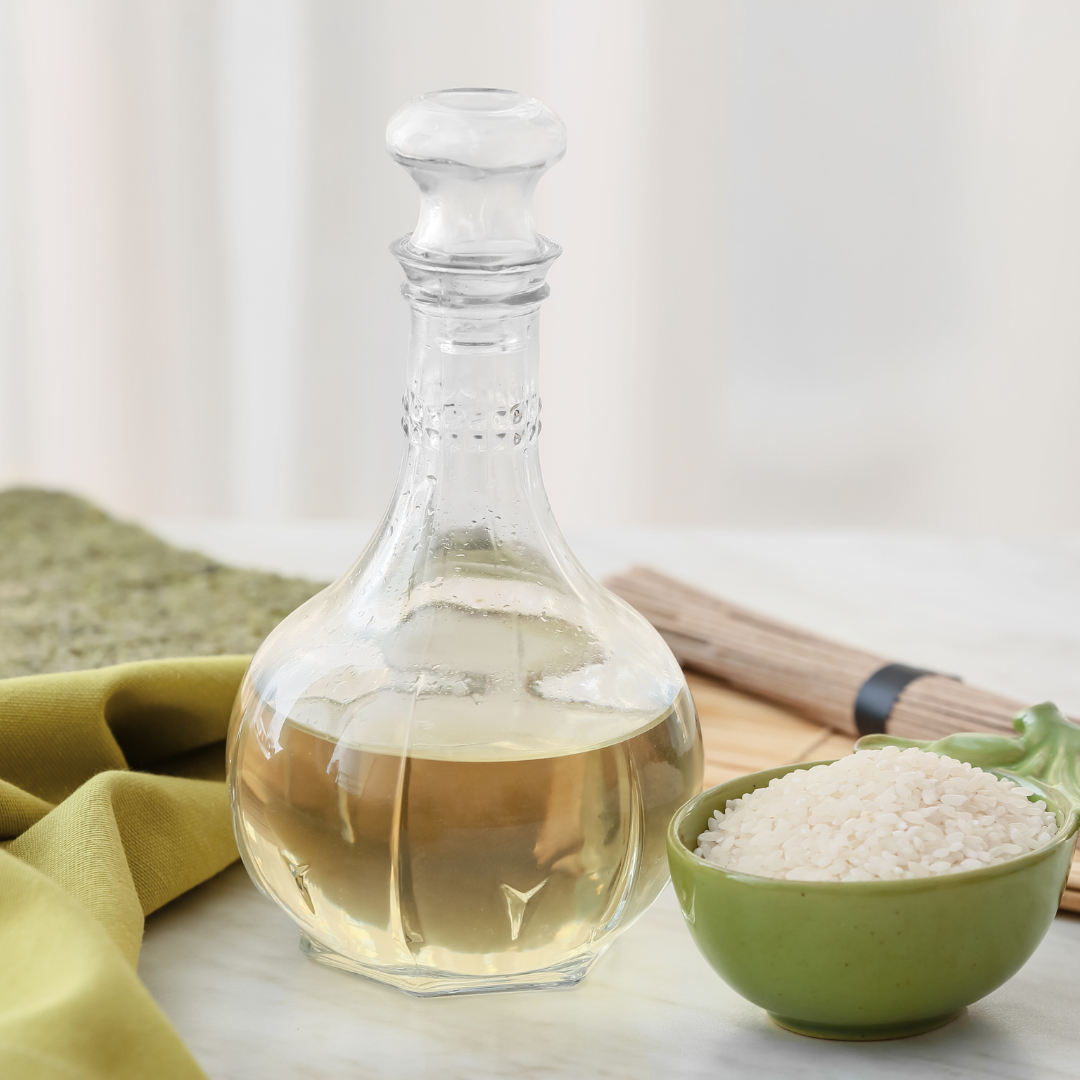
Rice vinegar is made from fermented rice wine. It's used in Asian recipes. Add an Asian twist to barbecue sauce, marinade, or pickles by using rice wine vinegar instead of white wine vinegar.
Apple Cider Vinegar
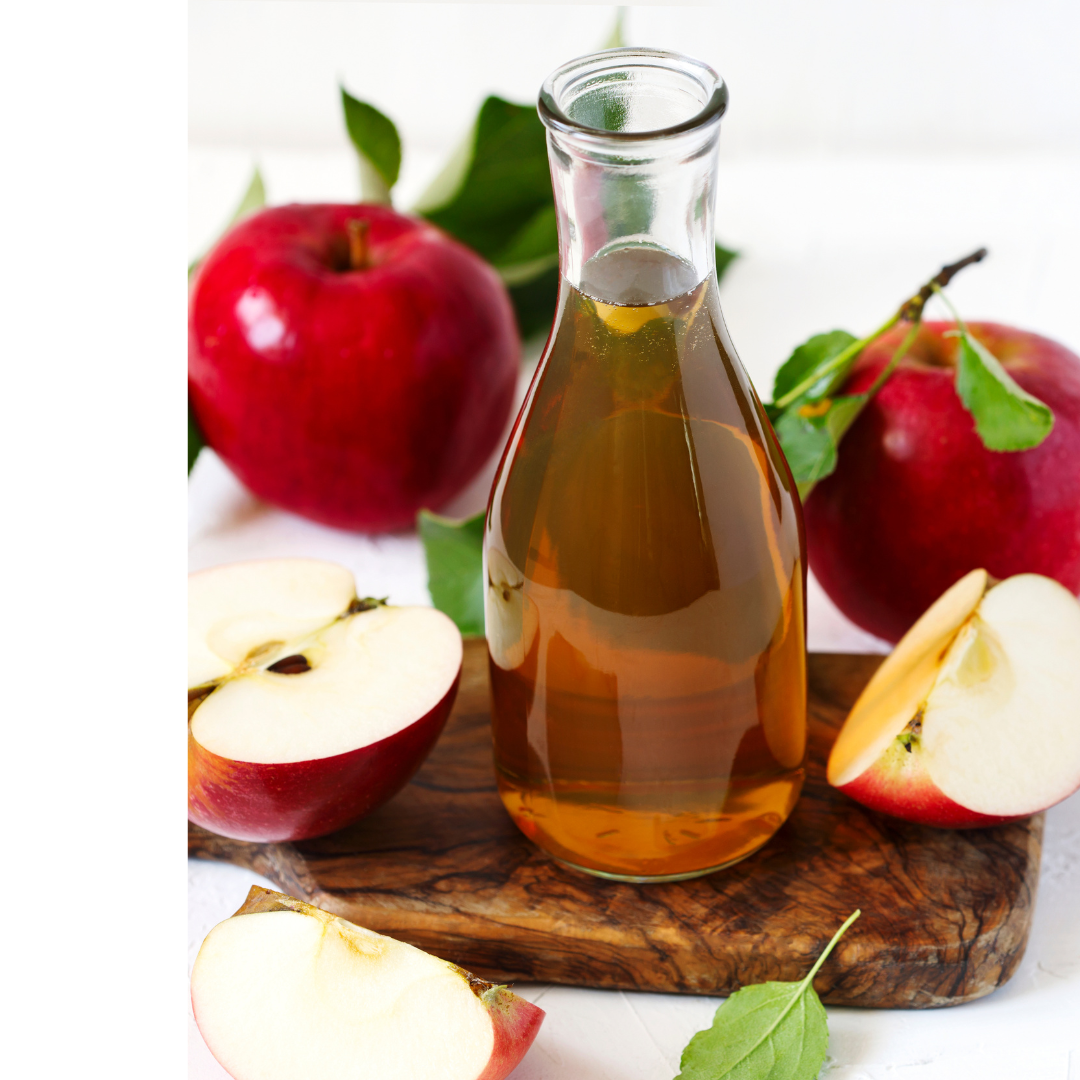
Apple cider vinegar is one of the most common types used for both flavoring and preserving food products. It’s created by adding bacteria and yeast into the liquid of crushed and strained apples to create fermentation. Sugar is then added, making the mixture into alcohol mixture. It is this alcoholic liquid that is fermented again and converted into vinegar.
Apple cider vinegar has an amber color and can be used to impart a mild fruity flavor to marinated dishes, salad dressings, teas, coleslaw, chutneys, and sauces.
Raisin Vinegar
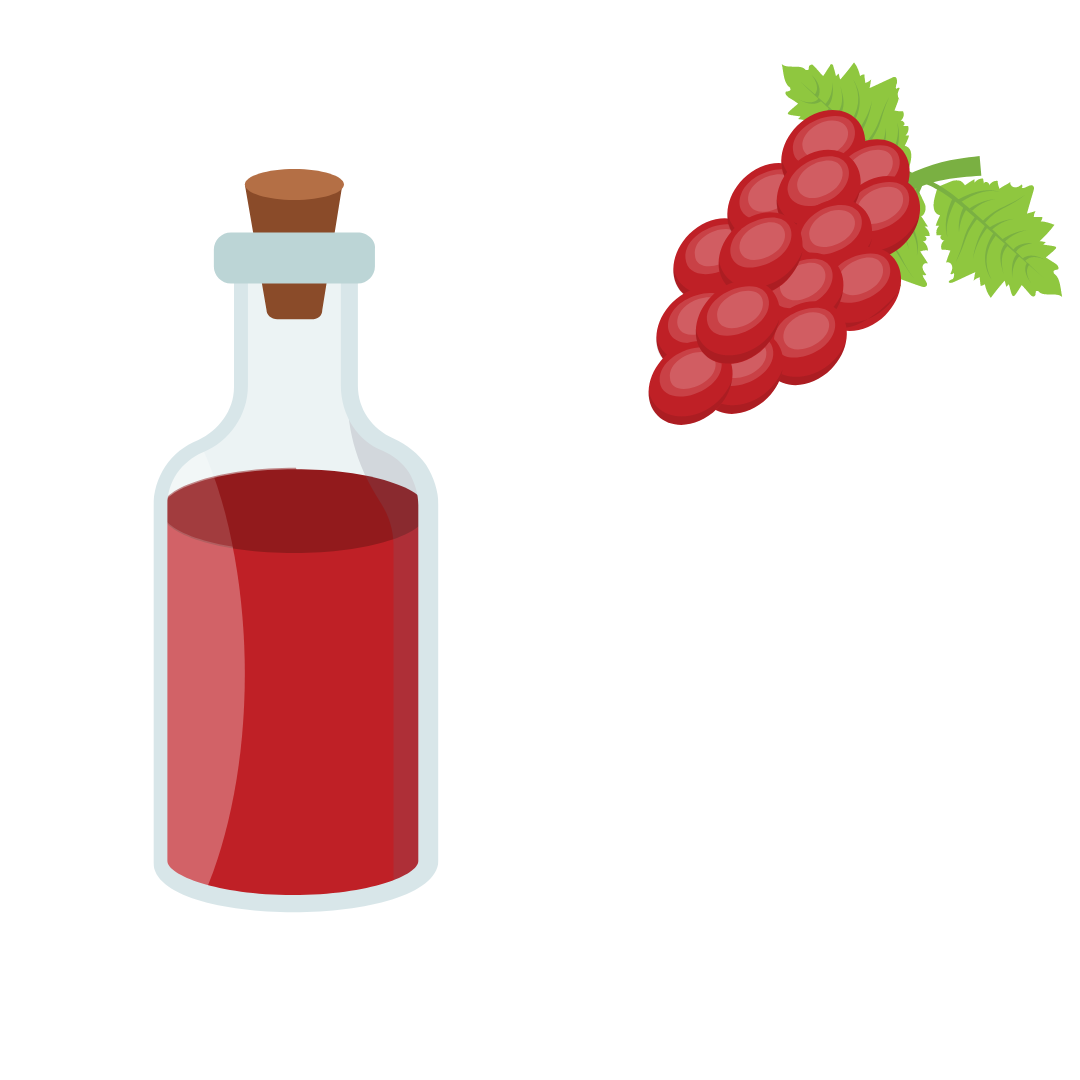
Raisin vinegar is popular in Middle Eastern cuisine. It has a mild flavor and a characteristic cloudy brown color. You can use it to create traditional agrodoleccio sauces and Turkish dishes.
Apricot Vinegar
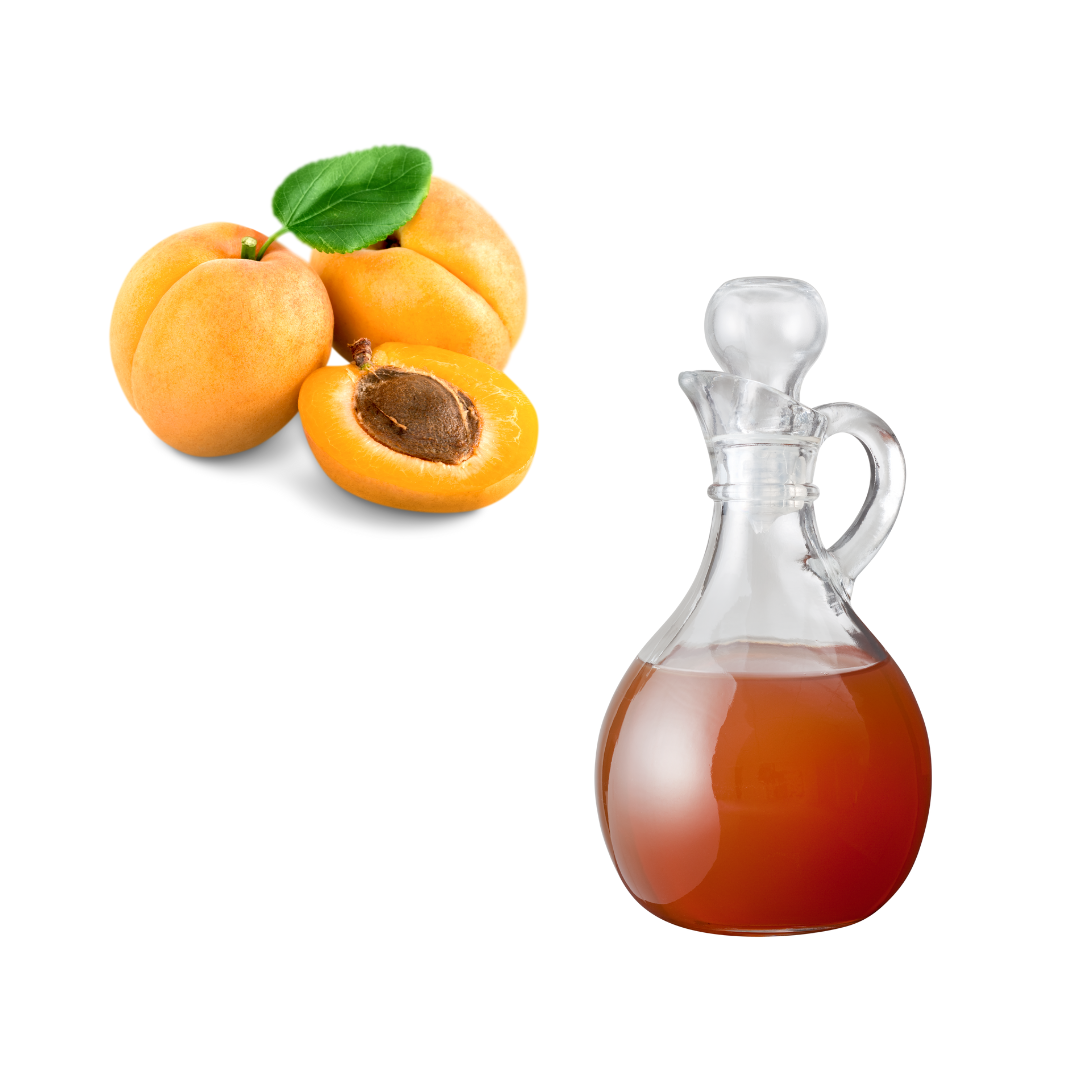
Dried apricots are used to make apricot vinegar, which makes it a fruit vinegar that you can easily make at home. Add this vinegar to salad dressings and sauces for a sweet, complex flavor.
Sherry Vinegar
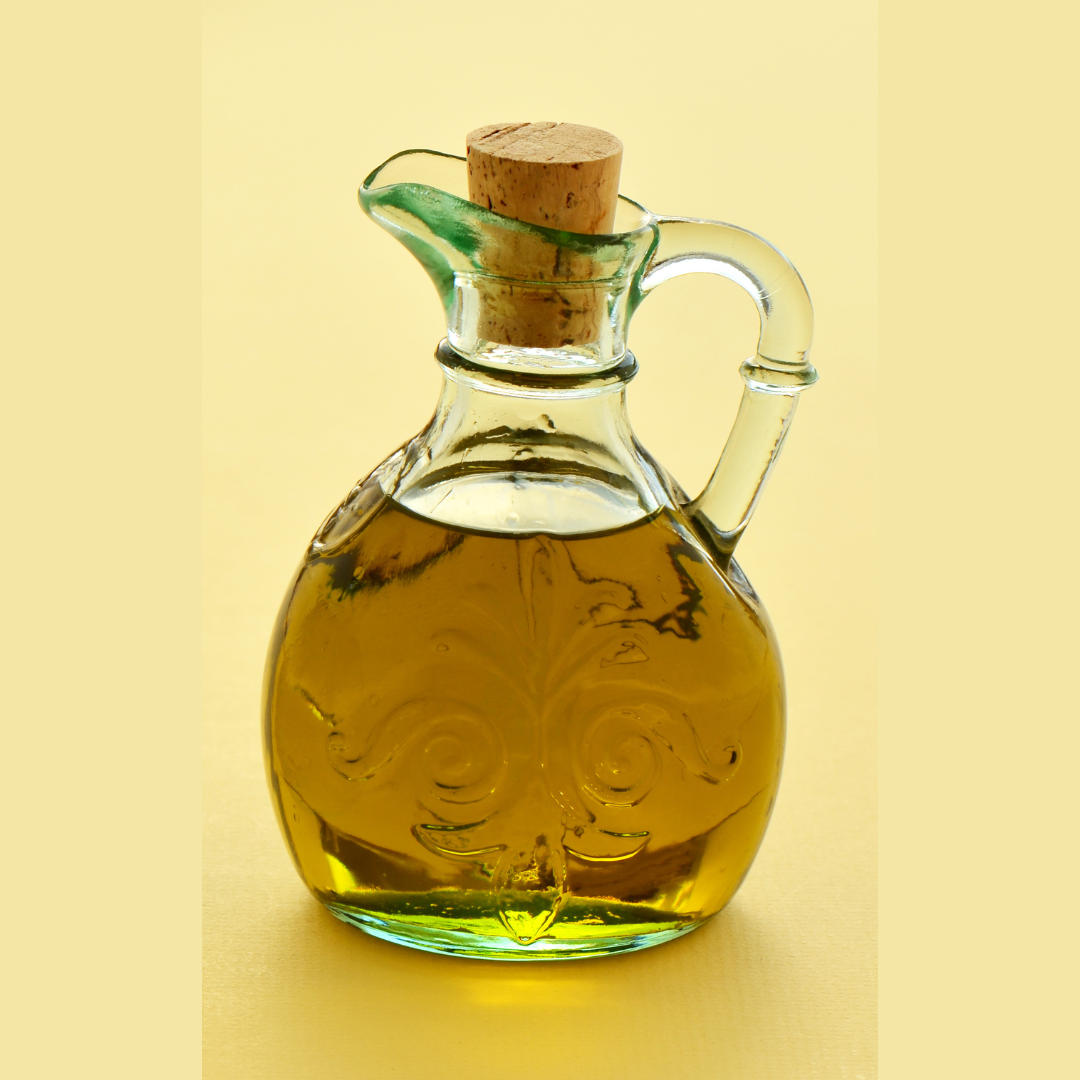
Sherry vinegar is a cousin of balsamic vinegar that gives rich notes of taste to your recipes. It has a nutty, rich flavor that tastes less sweet than balsamic vinegar does. It’s potent, so use it sparingly. Especially as substitution.
Sherry vinegar was accidentally created when a wine maker added too much sugar to his wine This Spanish native vinegar has been said to be the result of a few barrels of sherry that had low levels of pH. While this ruined the beverage, it created a new favorite product for cooks.
Malt Vinegar
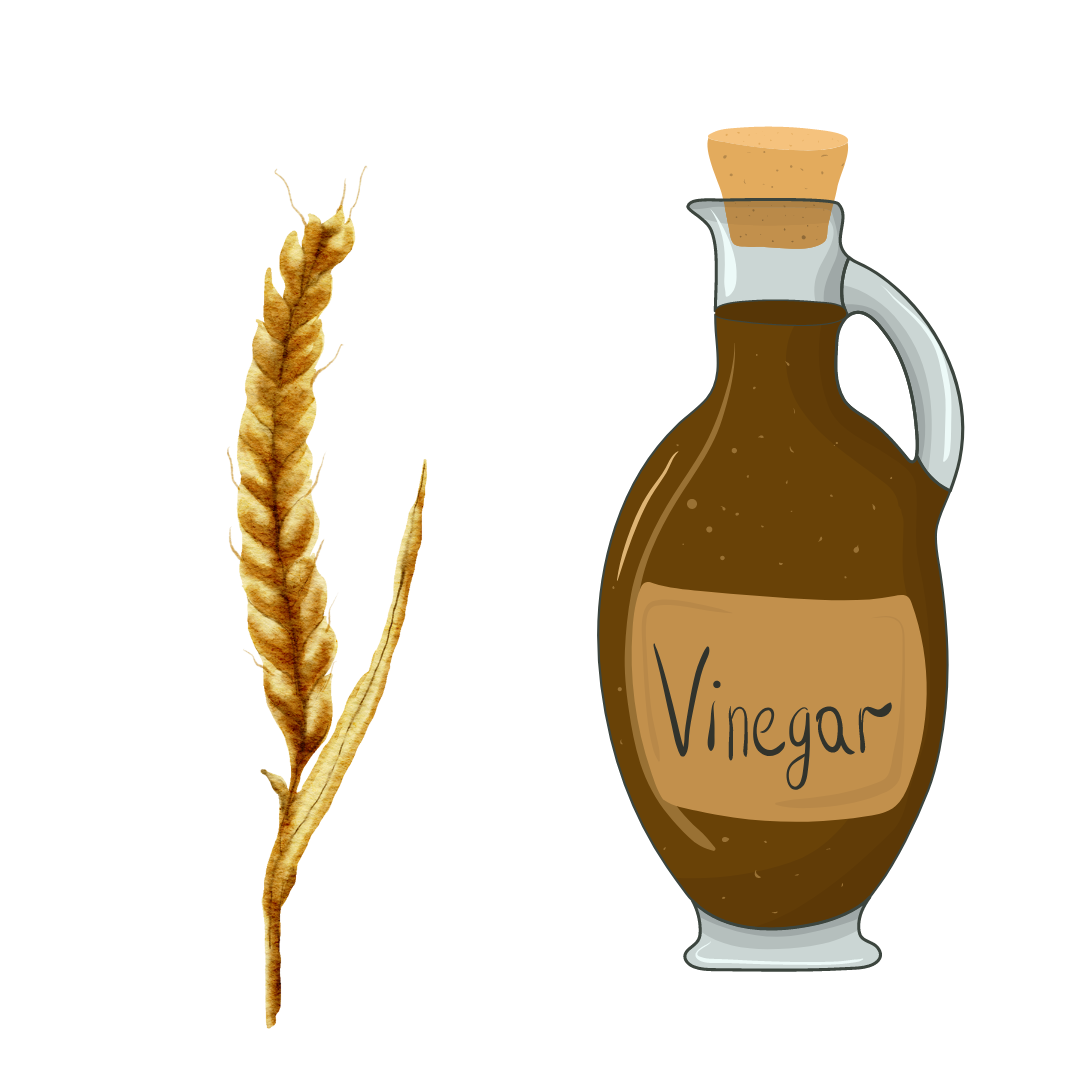
Malt vinegar is most famous for its use as a condiment for fish and chip. It’s made from barley-based beer, and has a fairly mild, yet slightly complex flavor.
Beer Vinegar

Beer Vinegar is made by fermenting any type of finished beer. It has a very similar flavor profile as barley-based malt vinegar. Therefore, it's an excellent substitute for using with classic fish and chips recipes. Beer vinegar offers a wide variety of flavors, since any type of beer can be used to make it. Each type of beer will create a unique blend, from stouts to pale alers.
Red Rice Vinegar
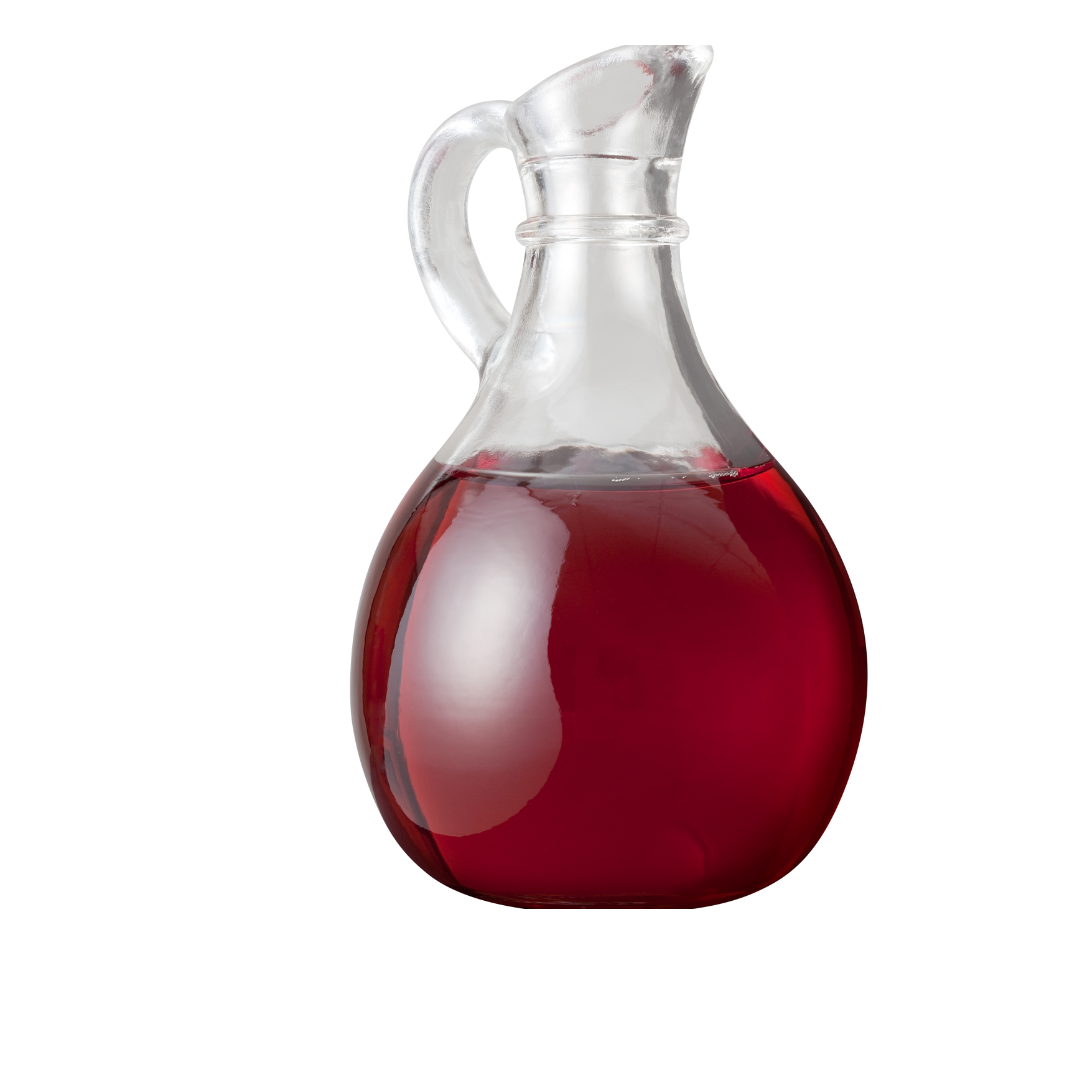
Red wine vinegar comes from red grapes, but red vinegar is made from fermented red rice. They offer a much milder taste than red wine vinegar, so they cannot be used interchangeably.
Red Wine Vinegar
White wine vinegar is similar to red wine vinegar. It’s made from a red wine base and offers a sweeter, less acidic taste. It has a mild flavor that is perfect for use as a base for vinaigrettes or reductions.
Balsamic Vinegar
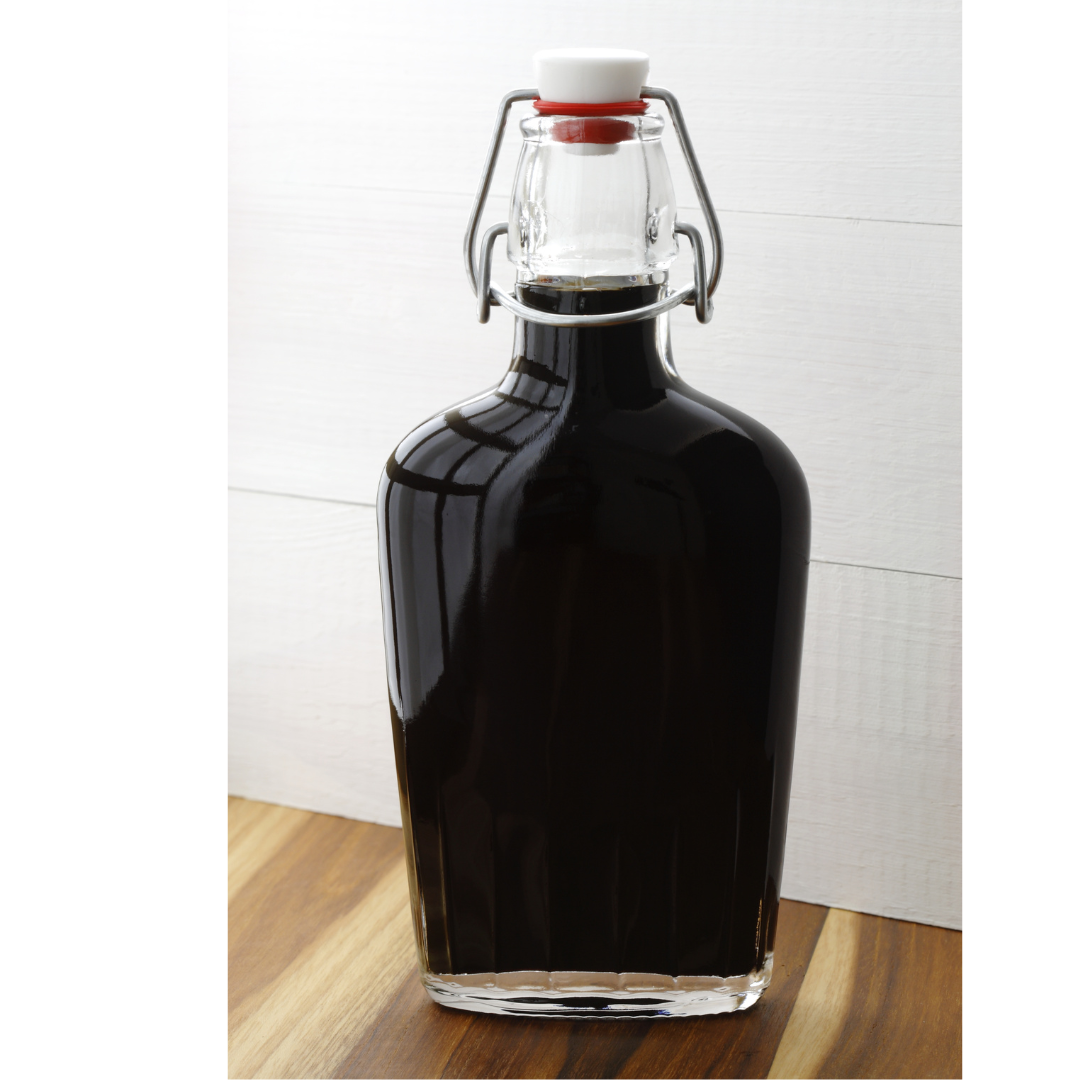
Vinegar is made from fermented grapes or wine, but this Italian native vinegar is made without any fermentation period. Balsamic vinegar is made from aged pressed grapes in oak barrels, just like a fine wine. As with wine, the older the vinegar, the higher its price tag.
Balsamic vinegar has a distinct sweet and zesty flavor that can be drizzled over both savory and sweet dishes. Or, mix it with olive oil for a classic balsamic vinaigrette dressing.
Black (Chinkiang) Vinegar
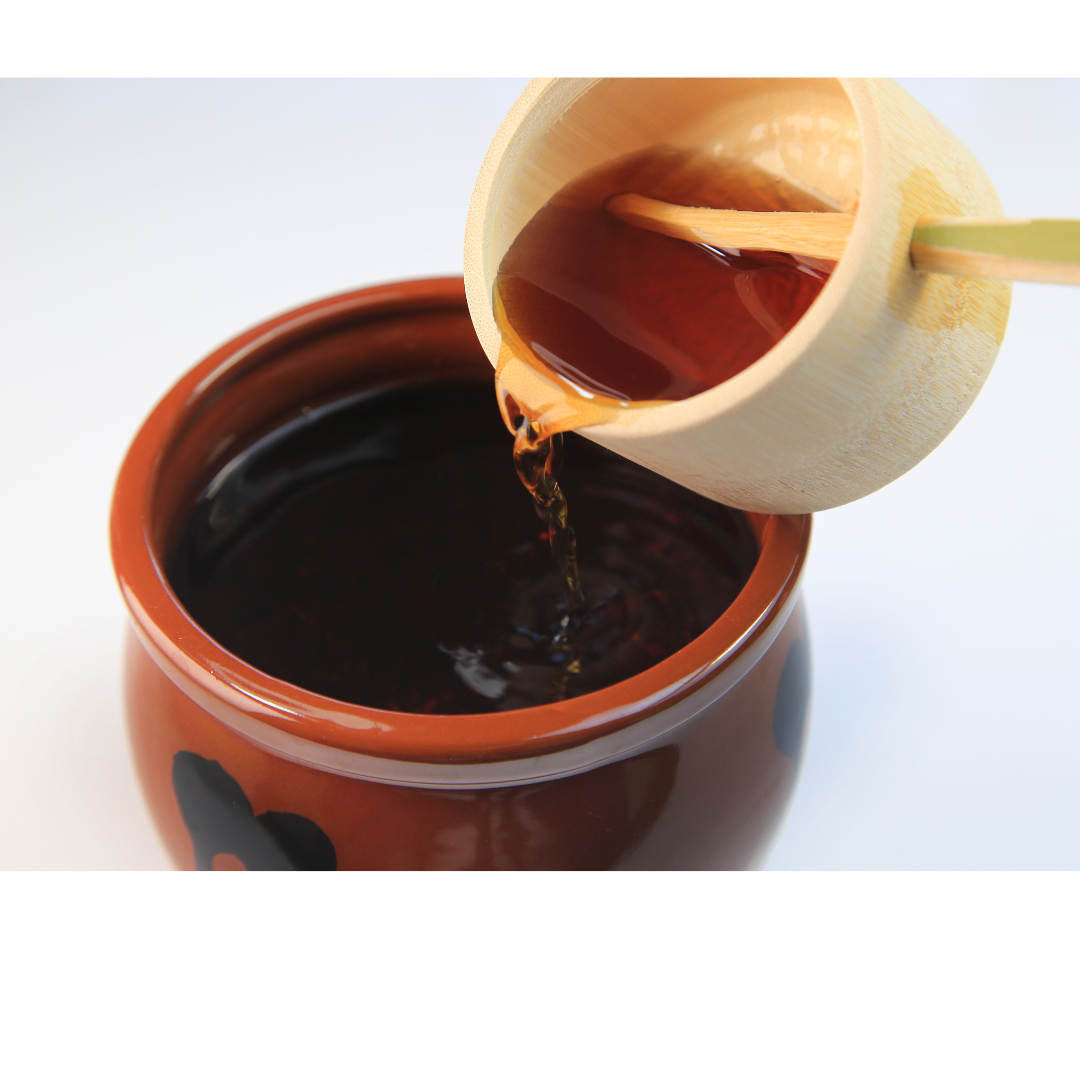
Black vinegar, also called Chinkiang vinegar, comes from the eastern Chinese city of Zhenjiang. This Chinese vinegar has a rich and smoky flavor, umami taste and black color due to a combination of fermented sticky rice, wheat, and corn. This pantry-staple for Chinese cooking pairs well with dumplings, ducks, and various Asian cooking and dipping sauce recipes.
Common Questions for Vinegar
What are the Health Benefits of Vinegar?
There are a couple of health benefits of drinking vinegar, especially apple cider vinegar. It has been discussed for hundreds of years by doctors and self-help gurus. Apple cider vinegar is rich in acetic acid, and many people believe that it helps to improve blood sugar levels and insulin levels. Vinegar got its name from the Old English word "vinager", which means “vinegar.”
It's also been shown that drinking apple cider vinegar may help boost your metabolism and increase satiety levels, which means you'll feel fuller for longer than if you don't drink it. As a result, it’s frequently used as a tool for people looking to lose weight.
Apple cider vinegar has been claimed to have numerous health benefits according to human studies including:
- Help in managing diabetes
- Lower cholesterol by improving levels of insulin in people
- Prevent and remove dandruff on the scalp
Does Vinegar Expire?
Vinegar has an acidic nature, which means it can be stored for long periods of time without spoiling. Just because your vinegar looks cloudy or the color changes don't mean it has gone bad Store it in a dark, cool place away from heat and direct sunlight, and always keep a tightly closed bottle.
Over time, the color of your vinegar may change from clear to cloudy or even develop a layer of sediment at the bottom of the bottle, but don't worry. This may occur naturally in vinegar over the long term, but should not affect its flavor. Vinegar with a lower acid content, including rice wine vinegar, red wine vinegar, sherry vinegar, balsamic vinegar, and malt vinegar, are less likely to experience these changes because they contain fewer percent acetic acids. You can simply filter out the sediments using a paper coffee filter if you prefer.

